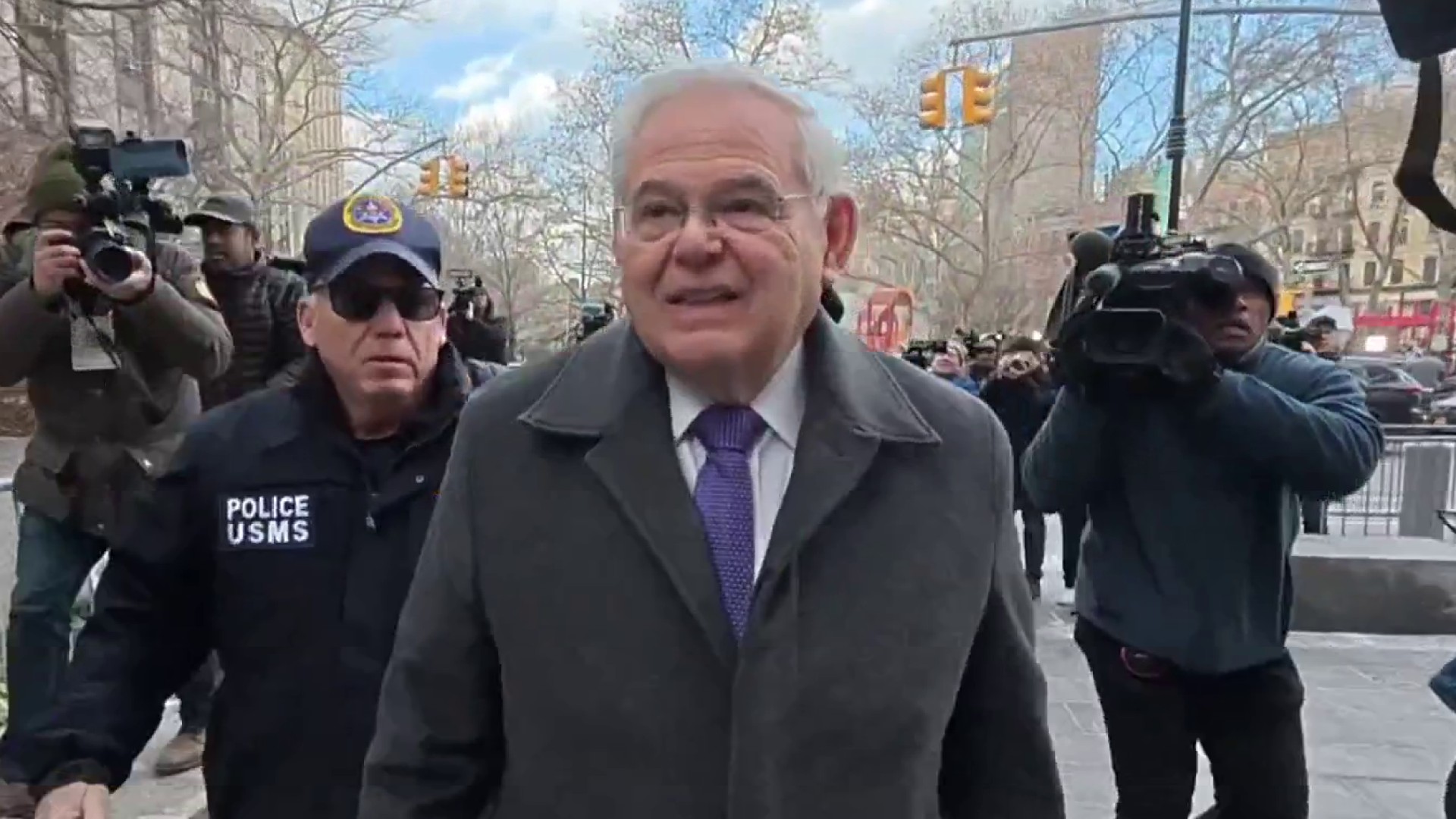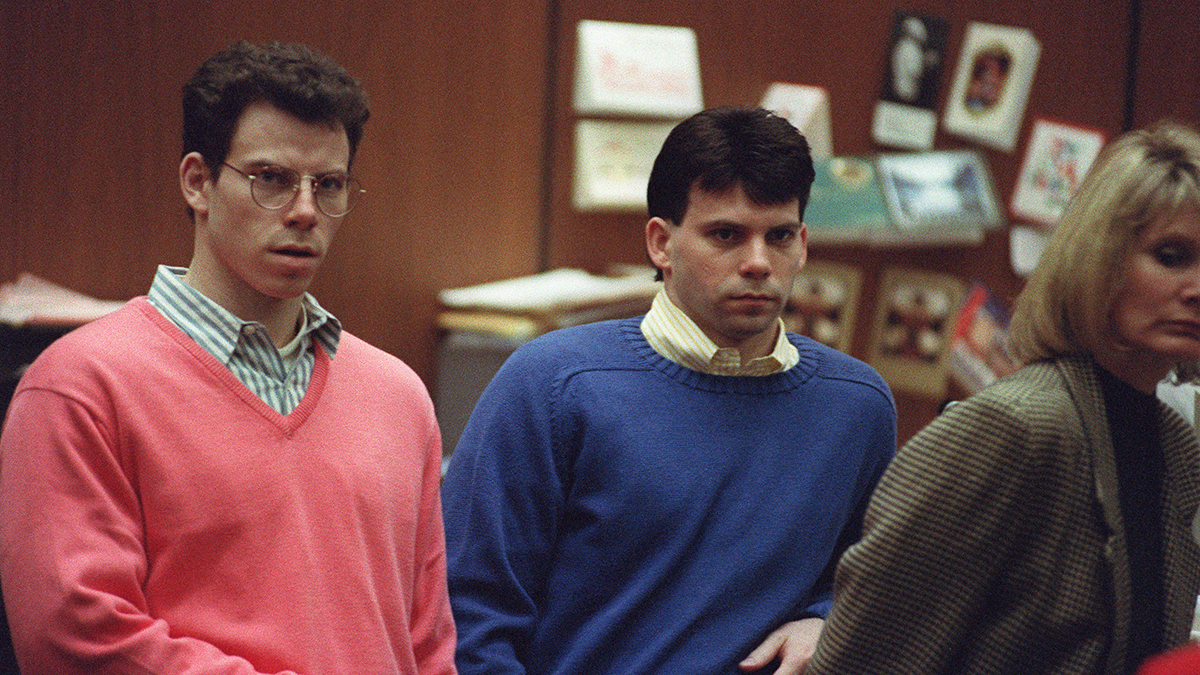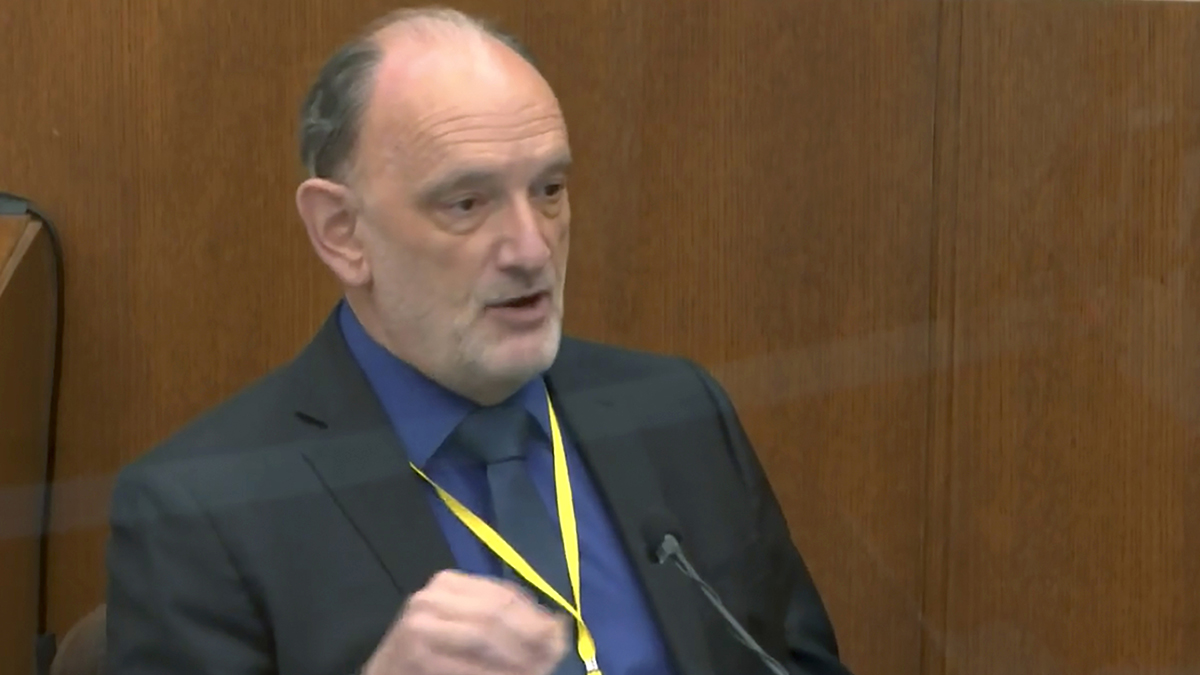Menendez Prison Delay: Judge Grants Wedding Exception!
Sen. Menendez Gets Wedding Pass: Prison Surrender Delayed!
Introduction: A Twist in the Tale
So, former Senator Bob Menendez, recently handed an 11-year prison sentence for bribery, is getting a little reprieve. You heard that right! A judge has granted him a delay in his prison surrender date. But why? What’s the story here? Well, it's a plot twist that involves a wedding, of all things!
The Judge's Decision: A Matter of Compassion?
A federal judge in Lower Manhattan agreed to postpone Menendez's report-to-prison date from June 6th to June 17th. Eleven extra days of freedom might not seem like much, but in this situation, it's monumental. The courtroom drama unfolded, resulting in a decision that's sure to stir debate.
The Wedding Request: A Stepdaughter's Big Day
The reason behind this delay? Menendez reportedly requested it to attend the wedding of his stepdaughter, scheduled for early next month. Think about it: a life-altering sentence hanging over your head, but you still want to be there for a significant family milestone. Can you blame him?
Is it fair?
That's the question everyone's asking. Is it fair to grant this delay, considering the severity of his crimes? Or is it a reasonable act of compassion, allowing a family member to participate in a joyous occasion before facing the consequences of their actions?
Menendez's Fall From Grace: A Bribery Scandal
Let’s rewind a bit. Menendez, once a powerful Democrat, resigned last year after becoming one of the few U.S. senators ever convicted while in office. He was found guilty of accepting hundreds of thousands of dollars in bribes – gold and cash, no less – from three New Jersey businessmen.
The Charges and Conviction
The charges were serious. Menendez was convicted of taking bribes in exchange for political favors, including using his influence to help these businessmen in their dealings with foreign governments. Imagine the betrayal of public trust! It’s like finding out your favorite superhero is secretly a villain.
Acting as a Foreign Agent: The Egyptian Connection
Adding another layer to the scandal, Menendez was also convicted of acting as a foreign agent for the Egyptian government. This is a huge deal. It implies that he was using his position in the U.S. Senate to advance the interests of a foreign power, potentially compromising national security. Think of it as a spy novel, but with real-world consequences.
The Sentencing: 11 Years Behind Bars
The 11-year prison sentence is a stark reminder of the gravity of Menendez’s crimes. It’s a significant punishment that reflects the severity of the offenses and the damage they inflicted on the public trust. But does a wedding delay diminish that?
Public Reaction: Outrage and Debate
Unsurprisingly, the public reaction has been mixed. Some are outraged that Menendez is receiving special treatment, arguing that he should face the consequences of his actions without delay. Others believe that allowing him to attend his stepdaughter's wedding is a compassionate gesture. Where do you stand?
The Principle of Equality
Critics argue that granting a delay undermines the principle of equality under the law. Should a convicted criminal, even a former senator, be afforded privileges not available to the average citizen? It’s a fair question to ponder.
The Legal Implications: A Precedent?
Does this decision set a precedent? Could other convicted criminals argue for similar delays based on personal circumstances? The legal community will be watching closely to see how this case influences future rulings.
The Human Element: Balancing Justice with Empathy
At the heart of this story is a human element. Regardless of his crimes, Menendez is still a father (or stepfather) who wants to be present for his family. Balancing justice with empathy is always a challenge. It's not always easy to reconcile the need for punishment with the desire for compassion.
Political Fallout: The End of a Career
The scandal effectively ended Menendez's political career. Once a rising star in the Democratic Party, he is now a convicted felon. His legacy is forever tarnished by the bribery allegations and the subsequent conviction. It’s a cautionary tale for anyone in public service.
The Stepdaughter's Perspective: A Family's Ordeal
Let's not forget the stepdaughter. She's planning her wedding, a day that should be filled with joy and celebration. But her stepfather's legal troubles cast a shadow over the event. It must be an incredibly difficult situation for her and the entire family.
Looking Ahead: The Surrender Date and Beyond
The new surrender date is set for June 17th. After that, Menendez will begin serving his 11-year prison sentence. The legal battles may continue, but for now, he has a brief window to attend a significant family event.
Conclusion: Justice Tempered with Compassion?
So, to recap: former Senator Bob Menendez, convicted of bribery and facing an 11-year prison sentence, has been granted a delay to attend his stepdaughter's wedding. This decision sparks debate about fairness, equality, and the balance between justice and compassion. It's a complex situation with no easy answers, a reminder that even in the world of law and politics, human emotions play a role.
Frequently Asked Questions
Here are some frequently asked questions about the Menendez case and the recent delay:
-
Q: What exactly was Bob Menendez convicted of?
A: He was convicted of accepting bribes from three New Jersey businessmen in exchange for political favors, including using his influence to help them with foreign governments. He was also convicted of acting as a foreign agent for the Egyptian government.
-
Q: Why was his prison surrender date delayed?
A: A federal judge granted the delay so Menendez could attend his stepdaughter's wedding.
-
Q: Is it common for prison surrender dates to be delayed?
A: It's not uncommon, but it depends on the circumstances. Judges have discretion to grant delays for various reasons, including family emergencies or significant life events.
-
Q: What is the public reaction to the delay?
A: The reaction is mixed. Some people believe it's a compassionate gesture, while others argue that it undermines the principle of equality under the law.
-
Q: What happens after the delay?
A: Menendez is scheduled to report to prison on June 17th to begin serving his 11-year sentence. He may pursue further legal appeals, but his immediate future involves incarceration.


